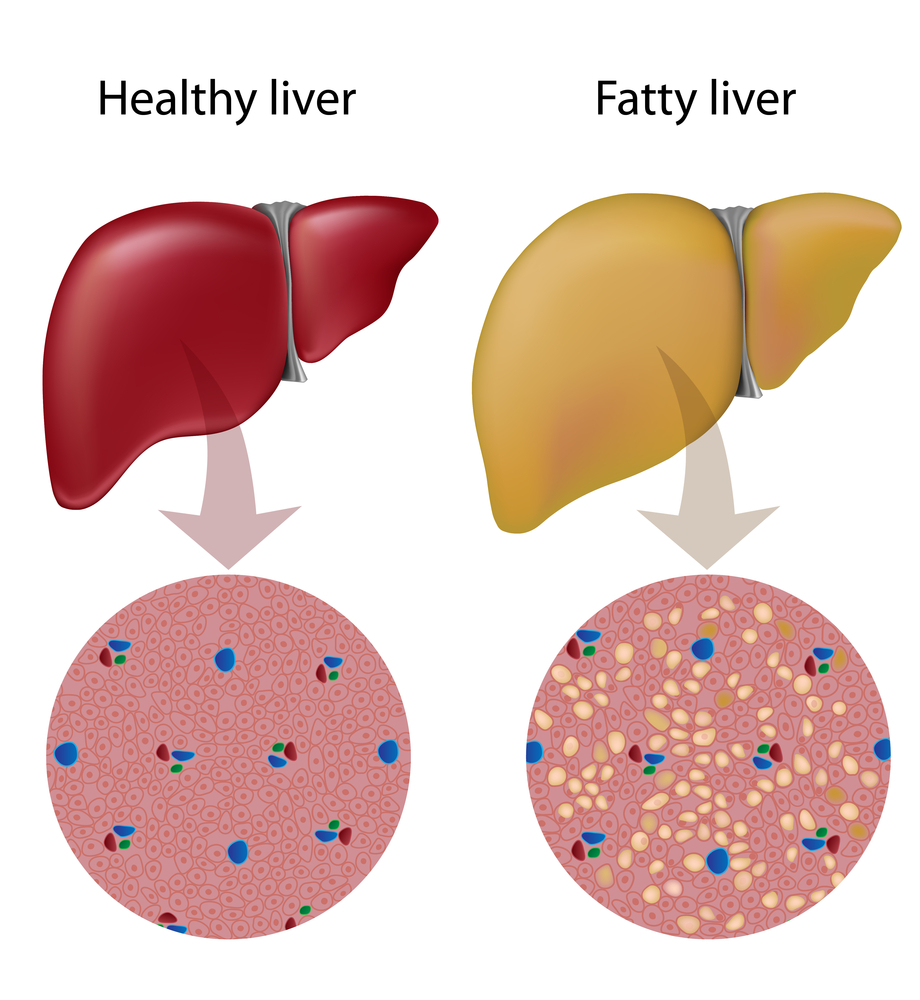In a recent study entitled “Astrocyte Elevated Gene-1 (AEG-1) Regulates Lipid Homeostasis,” researchers discovered that a particular gene – Aeg-1 – previously linked to liver cancer is also a player in obesity. The study was published in the Journal of Biological Chemistry.
Astrocyte elevated gene-1 (AEG-1) is an established oncogene, a gene that has the potential to cause cancer, and it was previously shown by a team of researchers at the Virginia Commonwealth University Massey Cancer Center, led by Devanand Sarkar, Ph.D. to contribute to human hepatocellular carcinoma (HCC).
The same team discovered a new functional role for AEG-1 in controlling fat metabolism. The group of scientists generated AEG-1 knock-out mice, AEG-1KO (mice carrying an inactivated, or “knocked out,” AEG-1 gene either by replacing it or disrupting it with an artificial piece of DNA). The team observed that these mice are leaner and had a significantly increased life span when compared to wild type (WT), control mice. The mice exhibited different responses when fed a high fat and cholesterol diet: while control mice rapidly gained weight, AEG-1KO mice maintained their body weight entirely, without any increase in body fat. Researchers discovered that the AEG-1KO mice displayed a diminished fat absorption in the intestines.
“This is a completely new function of AEG-1, and we did not expect this,” noted Devanand Sarkar, Ph.D., Harrison Endowed Scholar in Cancer Research and member of the Cancer Molecular Genetics research program at VCU Massey Cancer Center, associate professor in the Department of Human and Molecular Genetics at the VCU School of Medicine and member of the VCU Institute of Molecular Medicine.
The team performed further studies and discovered that AEG-1KO intestinal cells have increased activity of key inhibitors of intestinal fat absorption, including retinoid X receptor, liver X receptor and peroxisome proliferator-activated receptor α.
As a result of this discovery, the team highlights that not only they pinpointed a novel role of AEG-1 in regulating lipid metabolism but also they established a new link between liver cancer and obesity, as noted by Dr. Sarkar, “Fatty liver is a main cause of liver cancer, so we have that direct correlation between liver cancer and obesity. This also is important because we now know that all cancers can be caused by obesity.”


